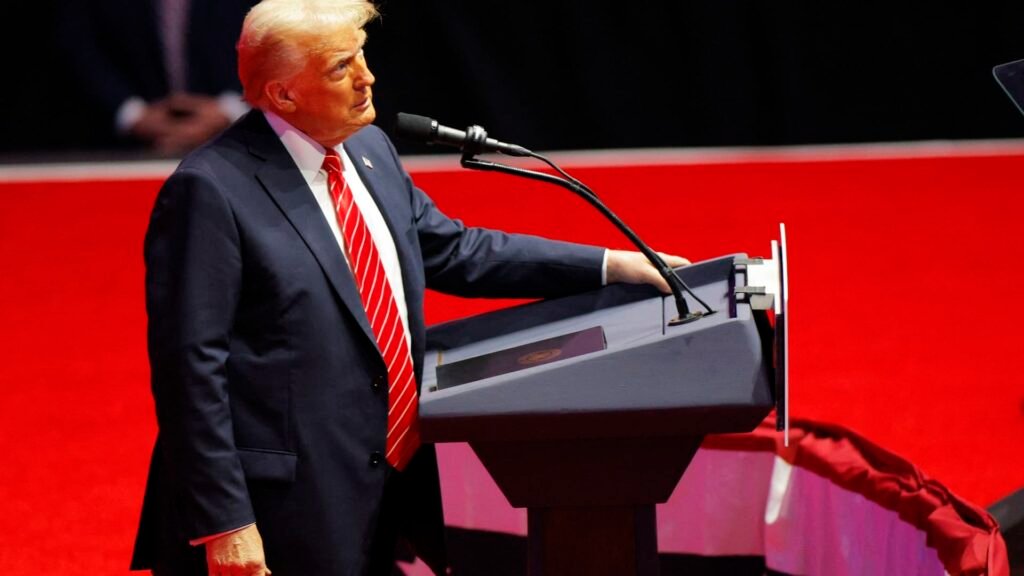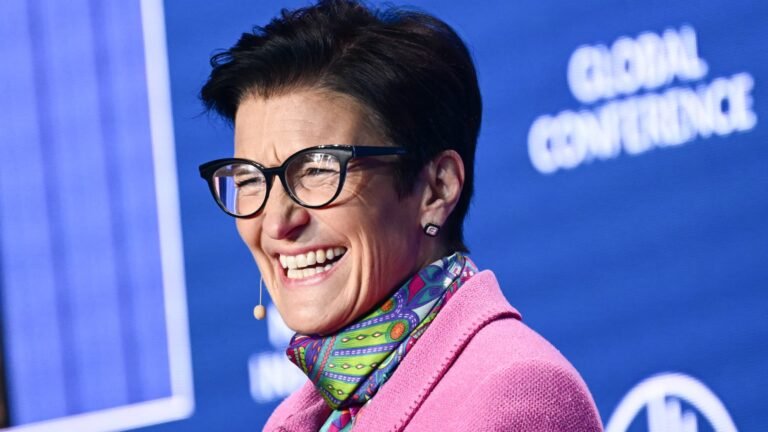
President Donald Trump signed an executive order on Monday focusing on international trade and hinted at the possibility of imposing tariffs on America’s neighbors. However, he refrained from implementing new tariffs on his first day in office.
The trade memorandum issued by Trump on Monday instructs federal agencies to investigate unfair trade practices and currency policies of other nations, particularly China, Canada, and Mexico. Notably, the memorandum did not impose any new duties on these countries.
During the signing of several executive orders on Monday night, Trump mentioned the potential imposition of a 25% tariff on Mexico and Canada starting in February. He clarified that he was not yet ready to implement universal tariffs. Additionally, Trump established the External Revenue Service to collect duties on imports from countries subject to tariffs.
The Wall Street Journal was the first to report on Trump’s decision to delay imposing tariffs on his first day as President. There have been discussions within Trump’s administration about implementing graduated tariffs, with rates potentially increasing by 2% to 5% monthly on trading partners.
Economists have expressed concerns that such protectionist trade policies could lead to increased production costs for goods and higher consumer prices, especially as the global economy emerges from pandemic-related inflation spikes.




